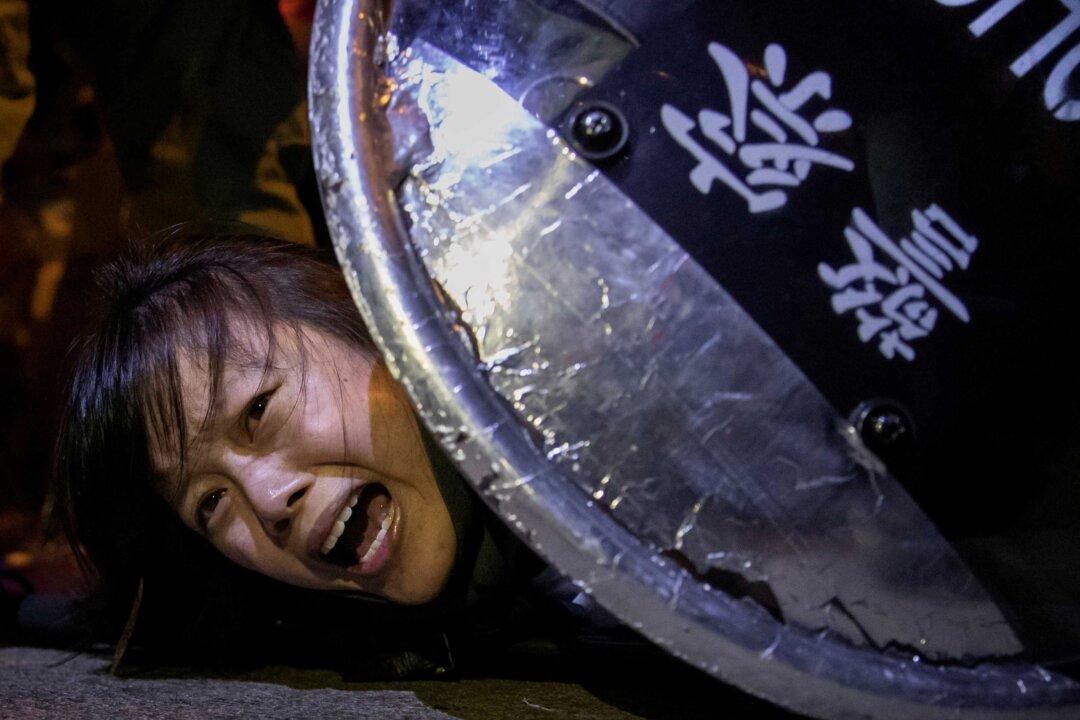Commentary
President Donald Trump is right to take steps to revoke Hong Kong’s special trade status, but not for the reasons that Secretary of State Mike Pompeo, Sen. Marco Rubio (R-Fla.), and other democratist hawks believe.

President Donald Trump is right to take steps to revoke Hong Kong’s special trade status, but not for the reasons that Secretary of State Mike Pompeo, Sen. Marco Rubio (R-Fla.), and other democratist hawks believe.